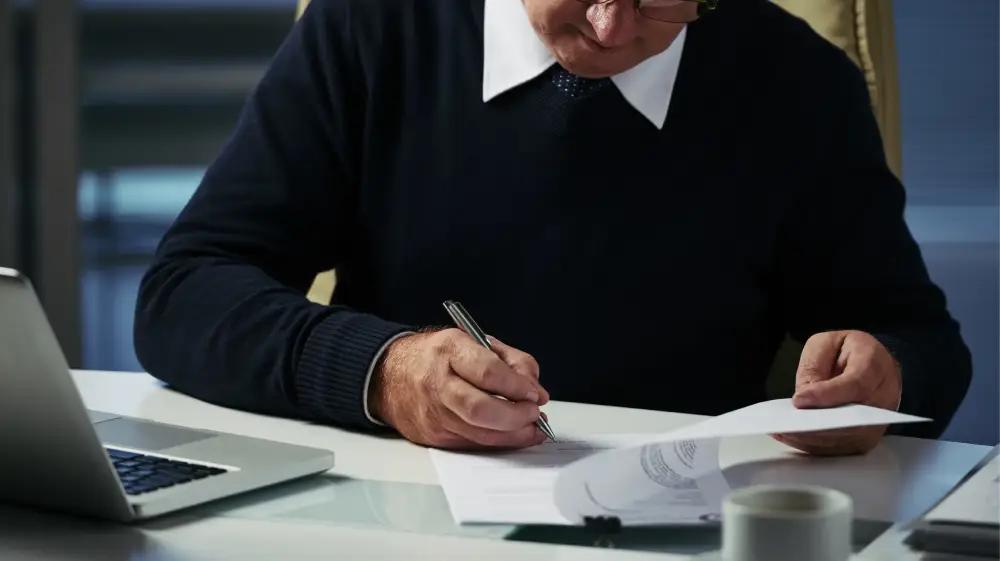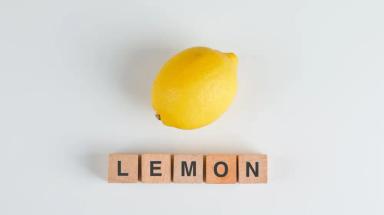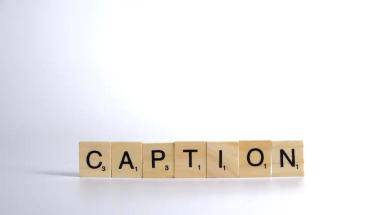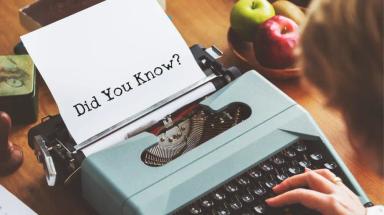Summary
Proofreading is the process of revising the written content or translation after finishing. During the proofreading process, linguists are able to spot minor mistakes related to grammar, spelling, and punctuation, among other errors, and correct them. Proofreading is done by proofreaders who have specific qualifications.
Get our editing and proofreading services now
What is proofreading?
Proofreading is the technical process that is usually done after a writing task is finished, and before publishing or sharing it. It usually aims at making the quality even higher after going through all the content one last time, by paying close attention to all details and making sure that the final draft has no minor errors or mistakes.
Proofreading services are used by all individuals no matter the field or type of writing since they are an added benefit.
What does a proofreader do?
What a proofreader does is pay specific attention to minor errors in the text that are usually related to:
-
Grammar
-
Punctuation
-
Spelling
-
Formatting (especially if it’s for publishing purposes)
-
Inconsistencies
-
Typos
And many more details to make sure that all technical parts of the work are correct and convenient. The final touch of a proofreader is what changes a work from a good to a high-quality work since all possible mistakes will be corrected.
Get our translation and writing services now
Proofreading VS Editing
These two terms are often used interchangeably. However, there is a difference between them. Editing is an in-depth analysis of the core messages, and it makes sure that the main points are well communicated and addressed. It’s more involved than proofreading since it goes back to the essence of the writing purposes, and makes sure everything is on the right track; the ideas are all mentioned and all the content is present.
What are the duties of a proofreader?
A proofreader is called to make sure that the quality of the written document is as high as expected. Proofreaders usually go over the texts and check all errors related to punctuation, grammar, spelling, typos, and formatting. By checking the formatting, they check several points, such as if a sentence is repeated more than once if an idea or a sentence is omitted if inconsistent capitalization whether in the title or in the body, if a document is missing the date or the writer, there are double spaces, headers, and footers aren’t missing, quotations are well formatted, or any other related detail that takes part of the document as a whole.
Get our subtitling and captions translation now
Do proofreaders need to be specialized in the field they’re working on?
Since proofreaders will only make sure the appearance of the text or document is correct, and since they don’t need to get into details of the content and context, they shouldn’t necessarily be specialized in the content of the document. However, proofreaders will feel that the work is a lot smoother and they’re understanding the content, if they were indeed specialized in the field they’re working on. This makes them feel more comfortable and it will allow them to correct capitalization or spelling of some technical and specific terms for example. Plus, if there were typo mistakes, a specialized proofreader will be able to easily identify the correct word.
Get our writing services now
How much time does the proofreading process take?
Usually, proofreading takes less time than writing the work from scratch. On average, proofreaders can work on up to 2,000 words per hour, and 15,000 words per day. However, some documents might be very long, and proofreaders always take breaks to make sure not to miss out on minor details. Consequently, proofreaders might take more than a day to work on your document if it’s long, and that is because of the high volume of words and all the details they contain.
Beyond Spelling Errors: Understanding Editing vs. Copy Editing
How do I become a proofreader with no experience?
To start your proofreading career, you should take a few steps first:
-
Conduct thorough research about proofreading and review your skills.
-
Learn everything about proofreading tools that are used on Microsoft Office Word (track changes, compare, and comment).
-
Educate yourself about the basic style guides that are used by proofreaders (rules and how it works).
-
Try it on someone’s work to start putting yourself in the picture.
-
Volunteer to benefit from the experience since you’re still a beginner.
Then after taking these first steps, proceed by taking into consideration the following:
-
Working on your knowledge of grammar, spelling, and punctuation.
-
Paying close attention to details.
-
Having the ability to focus for a very long period of time.
-
Meeting the deadlines.
-
Having some basic IT skills.
-
Knowledge of what’s involved in producing the content you’re working on, including printed materials.
Subtitling Made Simple: Tips and Techniques for Learning
How much money does a proofreader make?
Based on the proofreader’s experience, location, and knowledge, his/her income might vary. This also varies based on the length of the document and sometimes, its field.
Not to mention that some proofreaders set their prices based on the hours. So on average, a proofreader can make between $12 and $30 per hour. However, in some cases, they can make up to $50. All that is based on the above-mentioned criteria, and how fast they work per hour also plays a major part. Nonetheless, some don’t set their prices based on the hours they work but rather based on the number of words. Thus, on average, a proofreader can make between $0.01 and $0.05 per word, or if they were to set the prices per page, they make between $2 and $4 per proofread page.
Transcription Unlocked: Answering the Most Frequently Asked Questions
How to choose the best proofreaders?
It all comes down to simple factors, just like anything else you want to consider, whether a service or a product.
When it comes to proofreading services, to know that the proofreaders you chose were a perfect choice, you should take into consideration the following factors:
-
Linguists: You should make sure they are linguists themselves, or that they at least have a linguistic background to make sure that they know everything related to grammar, spelling, punctuation, and formatting.
-
Professional: You should check if they have previous experience in this field, and if they do, you can ask them how long they have been proofreading, to make sure they’re professional, and that the quality they will provide is up to scratch.
-
Reviews: You should verify the reviews of the proofreaders if they were on the internet; see what previous customers have experienced and whether they were satisfied with the final outcome.
-
Responsiveness: You should make sure that they are responsive, and look closely at the way they deal with complaints and remarks.
Get our game translation services now
How can proofreading affect the outcome?
Proofreading has many benefits when it comes to affecting the final outcome of your work whatever it is. That is because you’ll be receiving someone else’s perception and point of view. After all, when a document is written, even if it were small, everyone might miss out on some minor mistakes and errors that will affect the quality of the work as a whole.
The most important benefit of proofreading is ensuring an error-free and high-quality outcome.
Get our writing services now
What types of documents need proofreading?
Nearly all documents need proofreading, no matter the type and field. Including:
-
Thesis
-
Articles
-
Speeches
-
Songs
-
Essays
-
Translations
-
Emails
-
Blogs
-
Reports
-
Job applications
-
Cover letters
-
Newsletters
-
Course materials
-
Subtitles
-
Catalogs
-
Manuals
-
Poems
And many more.
What are my proofreading options?
Proofreading services are done by proofreaders. There are three major proofreading services that you can choose from, based on your needs.
-
Proofreading companies: They are companies with professional proofreaders. They can guarantee meeting deadlines, high-quality, and they usually price by word count. However, you might not communicate directly with the proofreaders, and their prices and services tend to be fixed and off-limits.
-
Freelance proofreaders: You can choose them yourself and you can usually discuss and negotiate their prices and services directly with them. On the other hand, they might take longer to deliver, might not set their deadlines and prices beforehand, and you can’t always guarantee a high-quality outcome.
-
Automated proofreaders: You can usually have these services for free and they provide you with instant proofreading services. Notwithstanding, they are unreliable sources and you can’t guarantee they catch all errors and mistakes, and if they weren’t used cautiously, they might add new mistakes and errors.
What are the different types of proofreading?
There are typically 5 types of proofreading.
- Academic proofreading: Academics might write many documents such as research papers, journal articles, a thesis, project papers, recommendation letters, and more. For this specific proofreading type, it’s important that the proofreader is well-informed about all the writing styles such as APA and MLA, to name a few.
Proofreaders, in this case, need to have a deep knowledge of academic writings and take into consideration other factors such as when to use footnotes, choosing whether to put a space between parentheses in some specific fields like law and chemistry or not, formatting figures and tables in the different styles, and other factors. Academic proofreading is a very popular service since students always tend to keep their work close to perfection, and they try to avoid minor details as they might backfire.
- Bilingual proofreading: While translating, a translator might make mistakes related to grammar, and spelling, and at times, they might translate a certain word, sentence, or term in an inaccurate way. In this case, the proofreader should be bilingual and should be aware of all language differences related to writing, and even the meanings and connotations. Proofreaders should in this case make sure the target text aligns with the source text. A bilingual proofreader should typically be well-educated and should make sure that the target text is accurate in all possible ways.
- Print media proofreading: Print media proofreading is one of the most common types of proofreading because of its importance on printed copies. A proofreader here is called to make sure there are no grammar, punctuation, typo, or spelling errors. Also, proofreaders should pay close attention to double spaces, margins, text sizes, font choices, and more. This is because once it’s printed, there is no room for changes or modifications.
Media proofreading usually works as follows: A sample is printed at first, and the proofreader looks at it while taking notes of all that needs to be changed if there are any. Then, once the proofreader confirms the text is free of mistakes, they can proceed with the printing.
- General proofreading: It’s the proofreading of general content that doesn’t require any specific criteria or specialized features. The proofreader should make sure the document is error-free and can be posted or published. This type typically includes general articles, blogs, captions, emails, reports, or anything else with general content and context.
- Specialized proofreading: When it comes to specialized proofreading, it means all fields that require special care and attention to terms and details that play major parts.
Specialized proofreading includes everything related to specific fields such as medical, legal, financial, economic, gaming, marketing, technical, and more. By and large, specialized proofreading services include all documents such as affidavits, medical reports, statistics, catalogs, manuals, articles, research papers, and more.
Get our Arabic to English - English to Arabic Translation
What is the degree of a proofreader?
While there is no specific major that only consists of proofreading, proofreaders might have several academic backgrounds and degrees. In general, proofreaders should hold degrees that are closely related to linguistics and languages. A typical proofreader is usually a holder of a degree in translation, literature, or journalism.
Some translators or journalists might even hold a master’s degree or specialization in law, economy, business, medicine, computer science, or others. This is an added value and can make the proofreader even more competent.
Get our content authoring services now
At what age can you become a qualified proofreader?
As long as you are a holder of a bachelor's degree, you can start your career as a proofreader once you feel that you are ready and you have what it takes. It is advised that you start as a volunteer just to gain a little experience before hopping on board.
Not to mention that this job is usually doable from home, and a proofreader can have clients from anywhere in the world. Therefore, most proofreaders are remote workers.
Listen Up: Mastering the Best Way to Transcribe Audio
Who needs proofreading services the most?
Nearly anyone and everyone who writes. From book writers to publishers, bloggers, influencers, politicians, academic professors, students, job seekers, and the list goes on.
Upload your file now and watch it seamlessly transform into any language of your choice!






